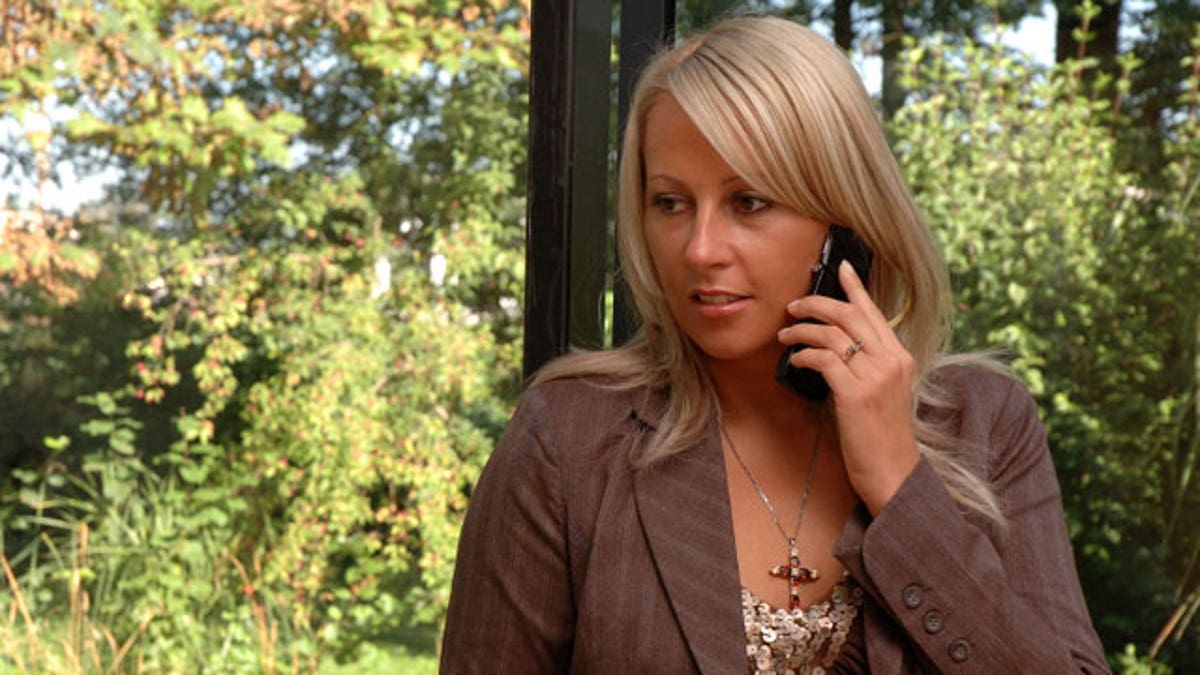
The counseling that goes along with testing for breast cancer risk genes can be delivered just as effectively over the phone as in person, and at lower cost, according to new research.
Researchers found that women counseled over the phone before testing fared about the same in their understanding of the test and reactions to it as those counseled in person.
"Genetic counselors are not evenly distributed across the country," Marc Schwartz said. "So there are parts of the country that don't have easy access to genetic cancer counseling."
Schwartz is the study's lead author. He's also co-leader of the Cancer Prevention and Control Program and co-director of the Fisher Center for Familial Cancer Research at the Georgetown Lombardi Comprehensive Cancer Center in Washington, D.C.
Genetic counseling is a way to provide information and support to people and families who have genetic disorders or may be at risk for inherited conditions, according to the U.S. National Institutes of Health.
"We have - by virtue of the incredibly high demand for genetic risk counseling - been looking for alternative avenues," Dr. Sofia Merajver told Reuters Health.
Merajver is director of the Breast and Ovarian Cancer Risk and Evaluation Program at the University of Michigan Health System's Comprehensive Cancer Center in Ann Arbor. She was not involved with the new study.
"We've all done telephone counseling for patients who are very far away, very ill and for patients who couldn't afford it," she said.
Telephone counseling is not necessarily encouraged, however. Schwartz also said it has been somewhat controversial.
For the new study, researchers from Washington, New York, Boston and Burlington, Vermont, recruited 669 women who were between the ages of 21 and 85 years old.
The women were recruited between 2005 and 2012 and had at least a 10 percent likelihood of having the BRCA1 and BRCA2 gene mutations that raise risk for breast and ovarian cancers.
Depending on their specific mutations, women have up to a 65 percent chance of getting breast cancer by age 70 and up to a 39 percent chance of getting ovarian cancer.
The participants were randomly assigned to receive counseling in person or by phone before and after the test to determine whether the mutations were present.
Schwartz said the initial counseling session, before the gene test, focused on the person's family or personal history of cancer, the gene test itself and possible outcomes and options if the test is positive.
The follow-up session focused on the person's options, what the test results mean and possible referrals to specialists, he said.
At the start of the study, the 334 women who received in-person counseling scored similarly to the 335 women who were counseled over the phone on measures of their knowledge about genetic testing, their stress level and whether they were conflicted about having the test.
Two weeks after the genetic counseling, the researchers found the two groups' scores didn't differ. That means the telephone counseling was not inferior to the in-person counseling. It was also slightly cheaper, by about $114 per patient.
However, about 90 percent of women who had in-person counseling before testing actually went ahead with the gene test, compared to about 84 percent of women in the telephone counseling group.
Schwartz said he is not sure why that was the case. It could be that women in the telephone group faced barriers in getting their blood tested or that they had second thoughts.
He also said his team is conducting similar research in a rural population, who wouldn't have access to a nearby counselor and would likely benefit from telephone counseling.
"I think what this says though is that by offering telephone counseling you're able to increase genetic counseling to other people who wouldn't otherwise have it," he said.
Merajver cautioned, however, that the study's results shouldn't be applied to a broad range of genetic tests.
"There are issues with straight telephone counseling without visuals that are real obstacles for us as the landscape of genetic testing becomes more complex," she said. "But it is the right direction to go."
Merajver also said that few insurers currently reimburse for genetic counseling, which is also an obstacle to overcome.
In an editorial accompanying the study in the Journal of Clinical Oncology, Lisa Madlensky of the University of California, San Diego, wrote that genetic tests are rapidly evolving and access to genetic specialists is more important than ever.
"Improving insurance coverage for telephone genetic counseling will help patients access these services in a timely manner, regardless of where they may live," Madlensky wrote.
"The results of the trial . . . should provide reassurance that telephone genetic counseling is an appropriate mechanism for pre- and post-test genetic counseling," she wrote.








































